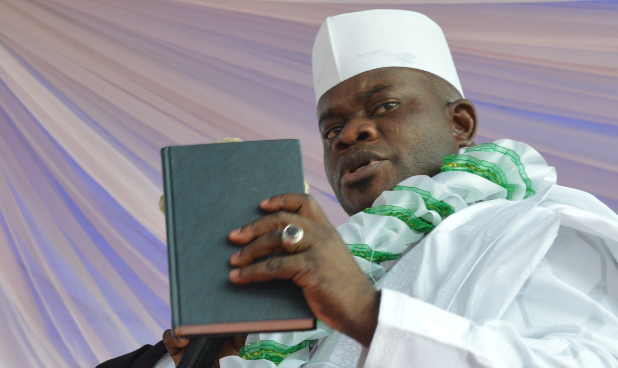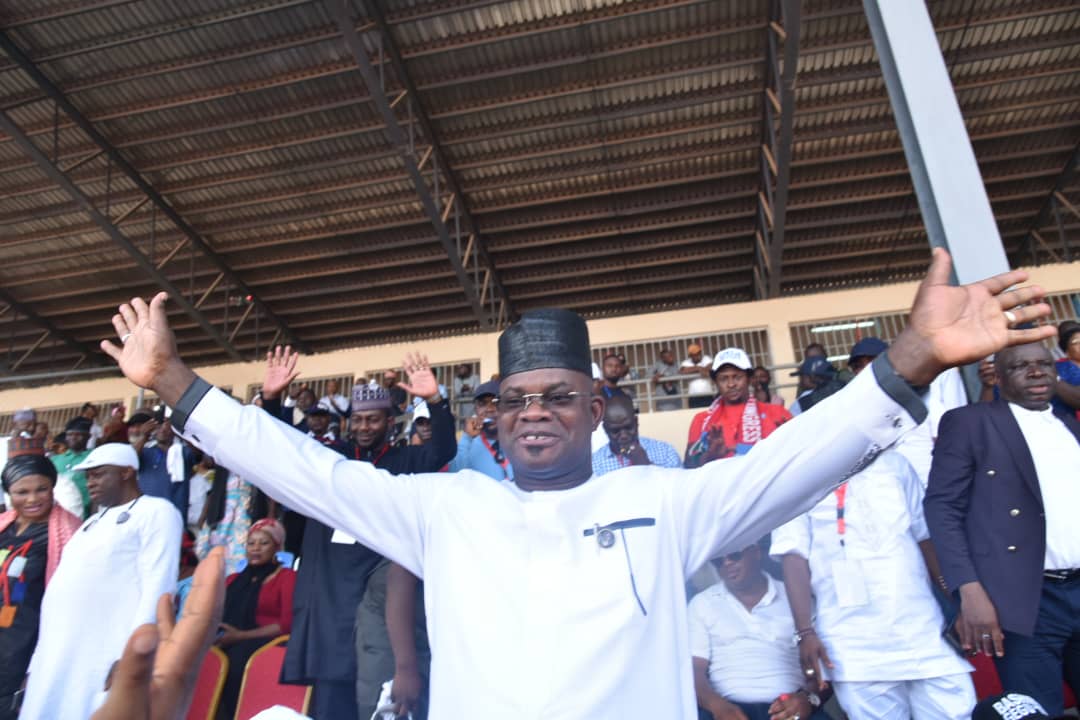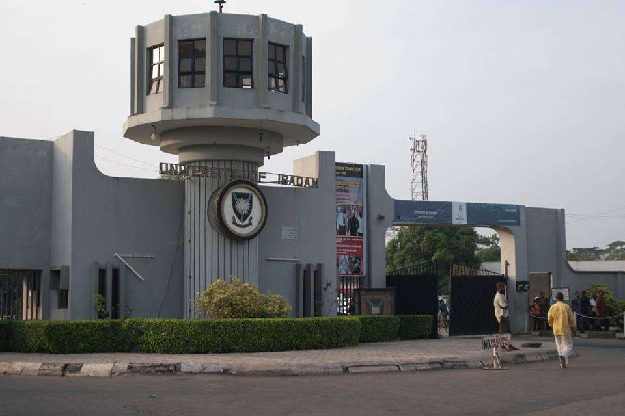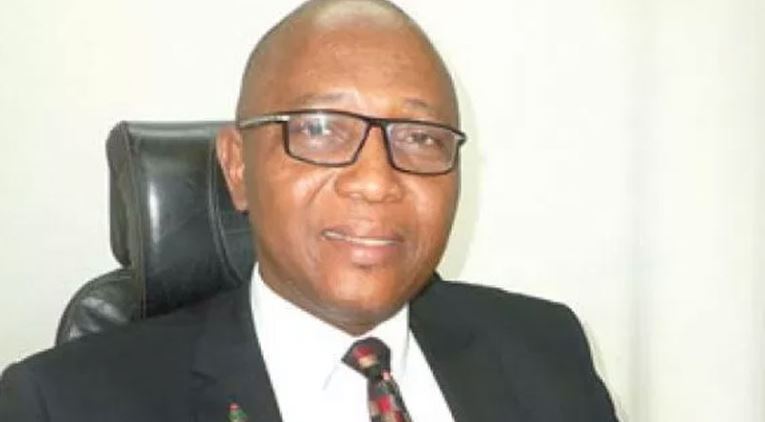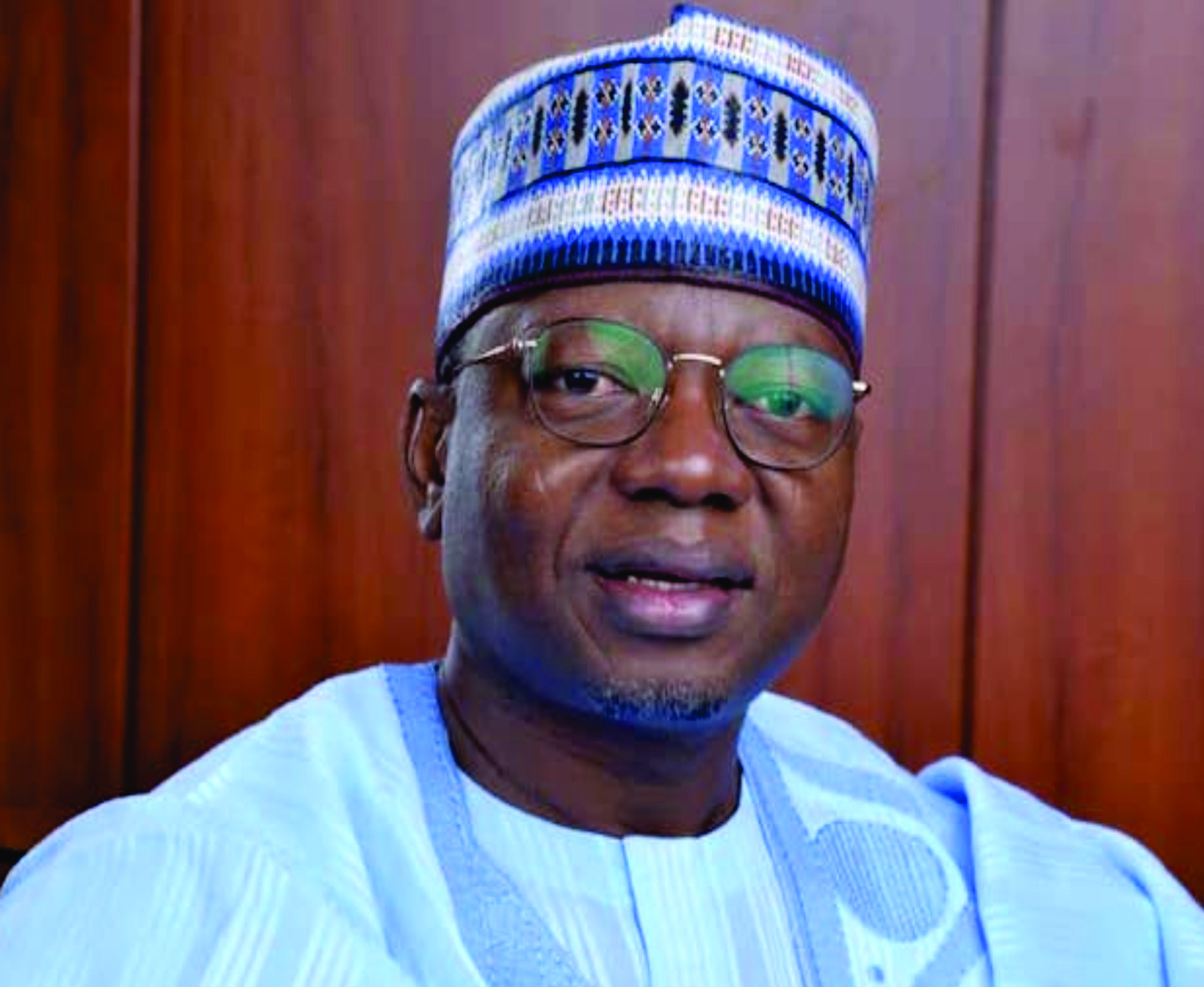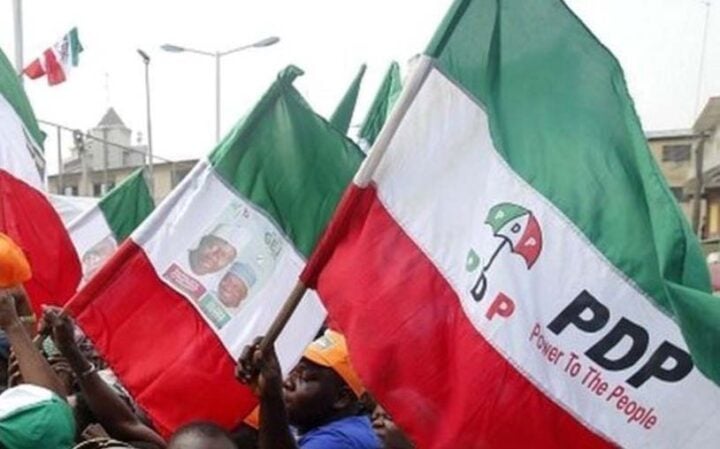As the gubernatorial election process in Kogi state comes to a gradual halt, Yahaya Bello, the incumbent governor has been returned elected by the Independent National Electoral Commission (INEC).
TheCable takes a quick look at the electoral figures and highlights some important twists and turns, which may be baffling to any statistician and interesting to politicians — but not statistically impossible or new to Nigerians.
We compare the results from 2015 gubernatorial in the state with the just concluded elections in the region, and here are some quick takes:
APC VOTES IN OKENE JUMPS BY 663 PERCENT
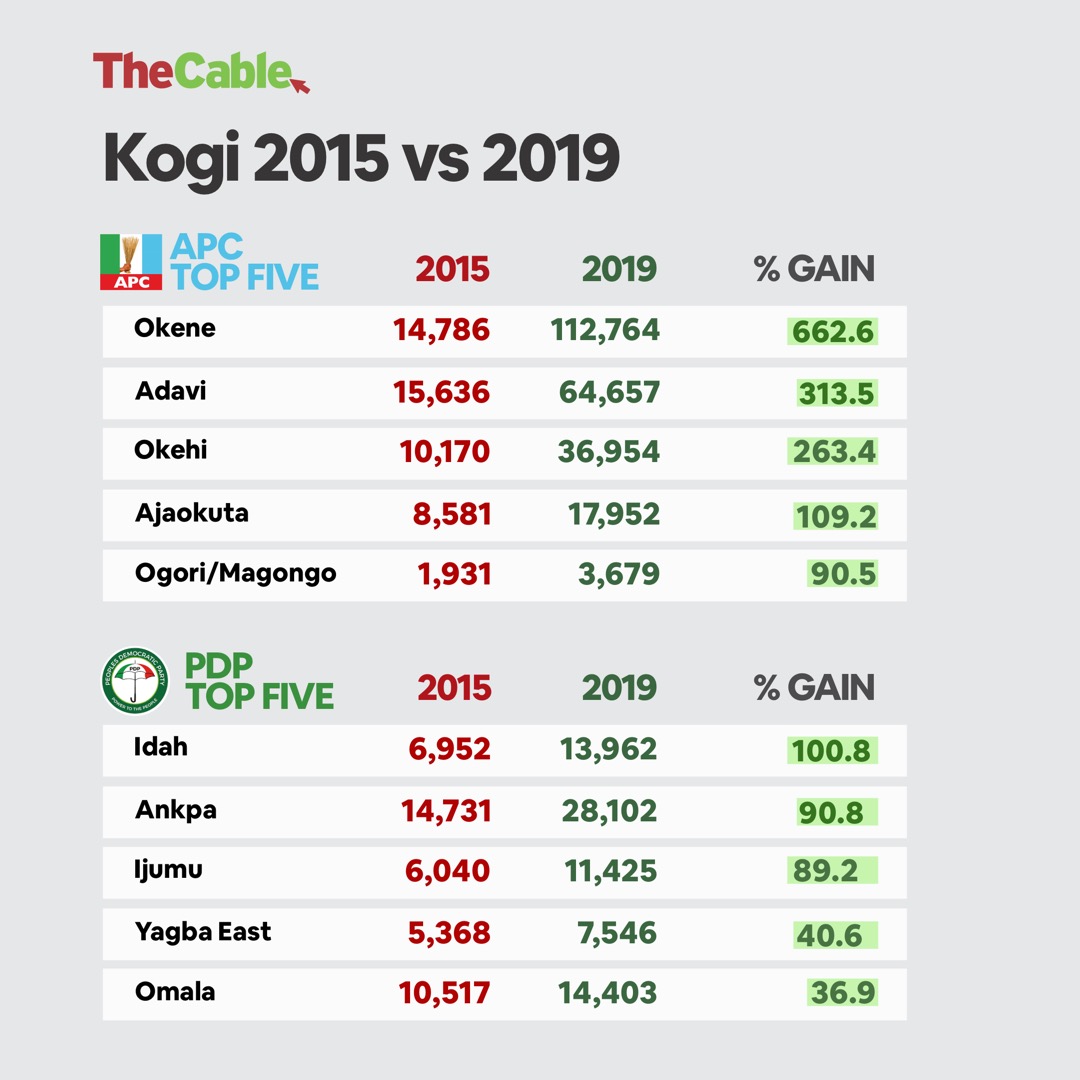
Advertisement
In 2015, the All Progressives Congress (APC) with the late Audu Abubakar as its flagbearer polled 14,786 votes in Okene local government area, while the Peoples Democratic Party (PDP) polled 15,968 to win in the local government. The total number of voters accredited stood at 35,143.
By 2019, the APC ticket holder and incumbent governor of the state polled 112,764 votes in the same local government, recording a 662.6 percent increase in votes for the party. The PDP on the other hand polled only 139 votes. This means the PDP lost 99.1 percent of its voters from 2015. The party has called for a cancellation of votes in the region.
It is worthy of note that Yahaya Bello is from Agassa in Okene.
Advertisement
PDP LOSES 97 PERCENT OF ITS 2015 VOTERS IN ADAVI
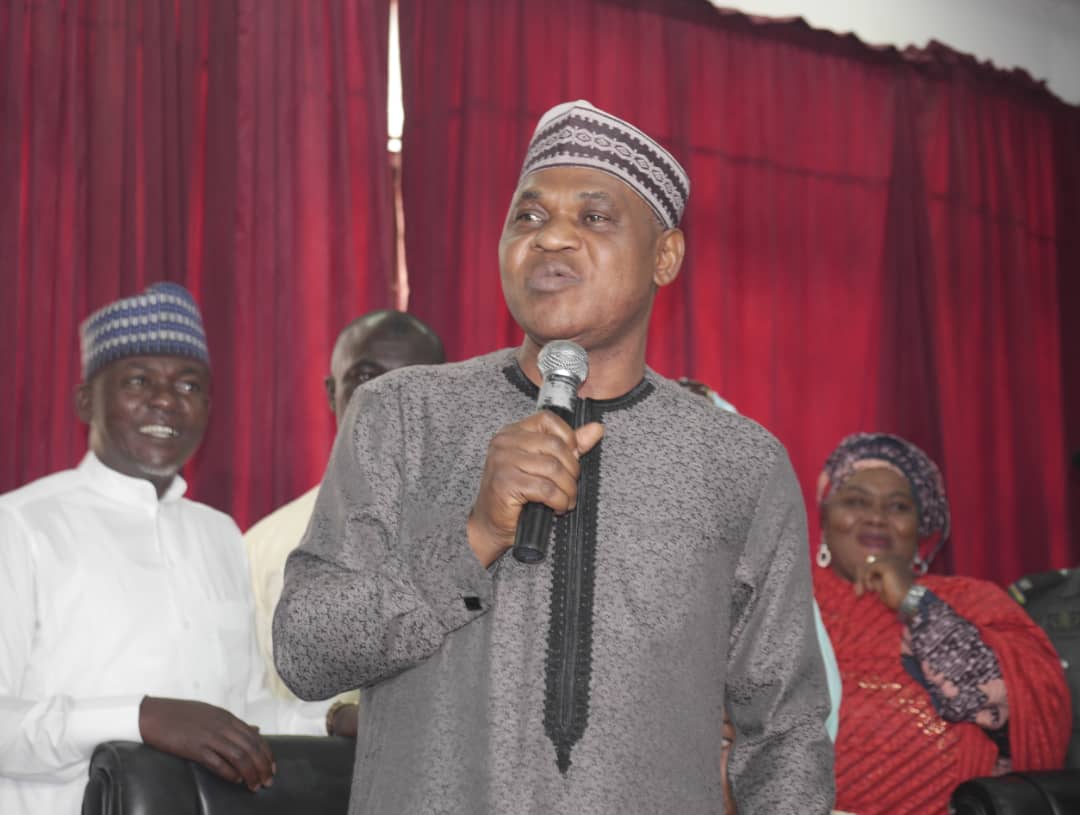
In Adavi local government area, the PDP went from 11,902 votes in 2015 to only 366 votes in 2019. These figures suggest that the erstwhile ruling party has lost 96.92 percent (approximately 97 percent) of its voters in the region in the past four years.
Inversely, the All Progressives Congress, which polled 15,636 in 2016 recorded a surge of 313.51 percent within four years, bring the party’s 2019 votes to 64,657.
APC BAG OVER 89 PERCENT OF OKEHI VOTES

The narrative in Okehi local government was also the same as the Musa Wada of the PDP saw a drastic reduction in his party’s vote, when compared to the results recorded in 2015.
The PDP recorded 8,504 votes in 2015 from 24,645 accredited voters, while the numbers fell to only 478 votes in 2019 — shedding over 8,000 votes.
Advertisement
Natasha Akpoti of the Social Democratic Party (SDP) polled 3,095 votes in the local government, which also happens to be her home LGA.
Yahaya Bello of the APC, who was declared winner in the LGA, polled 36,954 votes — up from APC’s 10,170 votes in 2015. The total number of accredited voters stood at 41,384.
Statistically, Bello polled over 89 percent of votes, assuming all accredited voters eventually cast their ballot.
OVER 1 MILLION REGISTERED VOTERS DIDN’T VOTE

The voter turnout in elections across Nigeria has been reducing over the last decade, and Kogi will be no different. According to the Independent National Electoral Commission (INEC), 1.6 million (1,646,350) people registered to vote in Kogi state.
Advertisement
At the end of the election, only 636,202 were accredited to vote on election day. This means 1,010,148 people did not show up for the vote, accounting for 61.36 percent of those registered to vote.
Less than 39 percent of eligible voters turned out to be accredited, while even less eventually voted correctly.
Advertisement
In 2015, 1,379,971 people registered to vote, but only 511,648 were eventually accredited to vote, representing a little over 37 percent voter turn out. While the percentage of voters who turned out to vote in 2015 is lesser, the actual number who stayed home in 2015, compared to 2019 is smaller. Over one million stayed home in 2019, while 868,323 stayed home in 2015.
Advertisement
Add a comment

